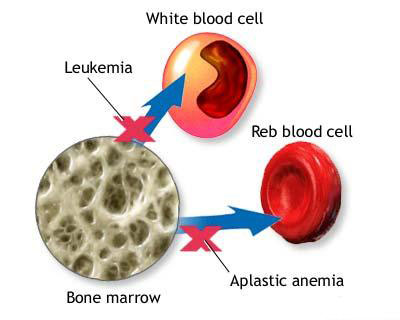It is a question of multimillion dollars because not coming back to life seems when someone in on dialysis. So, why dialysis and how we get into the dialysis. Is it possible to avoid dialysis in kidney failure? So there are many questions regarding kidney failure.
Kidney- an organ of purification
Kidney removes waste and toxic products from blood by a process known as filtration. It works several times in a day. The main functions of Kidney are
- Remove waste and toxic material from blood.
- Control body fluid balance
- Regulate the balance of electrolytes

What happens during kidney failure?
The major reason of kidney failure is due to buildup of waste products in the body and lead into
- Weakness
- Shortness in breath
- Lethargy and confusion
- Inability to remove potassium from blood
- leading into abnormal heart beat and sudden death
Treatment
There are various factors leading into kidney failure and treating underlying causes is the first step in correcting the kidney abnormalities.
Diagnosis are based on the various test such as creatinine, BUN (Blood Urea and Nitrogen), glomerular filtration rate (GFR). But kidney failure is a slow and progressive and ends with the dialysis if not cured properly.
Dialysis
When kidney stops working then an artificial system is involved to filtrate the waste material from blood, which is known as dialysis. The dialysis is done by using a special fluid known as dialysate, which is a mixture of pure water and chemicals that are used to pull wastes from blood without removing essential molecules required by the body. In this situation patient has to go several time in a week to hospital.
Is there any alternate?
Our nature is diversified with natural herbs possessing highly valuable medicinal properties. They are like Rasayana and rejuvenate the body. They are rich in anti-oxidants, which can effectively remove the toxic compounds from body and possesses anti-inflammatory properties, induces kidney's function and regulates the electrolyte concentration. In Ayurveda there are various herbs described to treat the kidney failure, which works on the basis of treating underlying factors causing kidney failure. Along with medicinal herbs there is a need of strict diet chart recommended by experts to produce better results.
There are various herbs described which effectively remove the accumulated fluid, reduces the creatinine level, balances pH, electrolytes concentration and balances body fluid. In spite of these they effectively control sugar level in the blood, which is a most prominent factor causing kidney failure generally observed in diabetic patients. The other underlying factors such as liver disorders, cystitis, renal calculi, and cardiovascular disorders are effectively treated to control the kidney failure.
There various herbs present in the nature, which acts as natural remedy to treat kidney diseases such as Gokshur (Tribulus terrestris), Punarnava (Boerhavia diffusa), Palaash (Butea monosperma), Rakt Chandan (P. santalinus). They are key player in treating underlying causes of kidney failure. They help in maintaining efficient functioning of kidney and urinary tract. They are;
- Coolant, soothes walls of urinary tract and promote the flow of urine
- Highly efficient in removing stones, stops bleeding and exhibits the antiseptic effect
- Nourishing and strengthening the kidneys and reproductive organs.
- Treating cystitis, renal calculi (kidney stones)
- Ensuring proper functioning of liver and improves digestion by maintaining healthy metabolism and effectively removes toxins from the body.
- Urinary alkaliser, relieves from pain during micturition, and natural cure for renal failure
Apart from given herbal medicines, there is a need of commitment from the patient side to control on his lifestyle which needs a balance in diet, mental stress, and physical activities.
Diet recommended are;
- Drink plenty of fresh sweet or sour fruit juices such as apple, oranges, pineapple, lime, grape etc., carrot juice or diluted juices of other vegetable juices esp. wheat grass, celery, and parsley.
- Avoid sugar, meat, sugar, dairy products, wheat products, and processed food with added chemicals.
- Avoid salt. Because too much salt may result in high blood pressure leading into weakening or damaging of kidneys.
- Avoid soft drinks, coffee, alcohol, tea (except herbal tea), and nicotine.
- Be moderate with rhubarb, spinach, strawberries, chocolate, wheat bran, nuts, and beets foods, which can raise the oxalane levels in the urine leading into higher risk for calcium stones.
- Fruits such as apples, watermelons, papayas, pomegranates, and grapes are recommended.
- Vegetables like kidney beans (soaked), asparagus, parsley, watercress, pumpkin, soy beans, sprouts, legumes, celery, cucumbers and green vegetables are recommended.
The only concern during kidney failure is to help kidney to remove the waste and toxic molecules from the body, maintaining pH and electrolyte concentration as well as body fluid balance. Which could only be done by balancing lifestyle including diet. Then possibility of avoiding dialysis is at higher rate.









